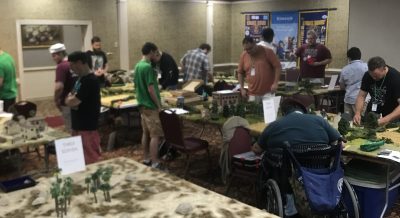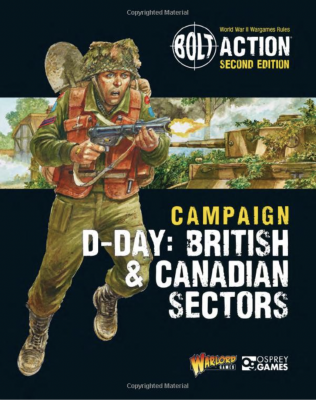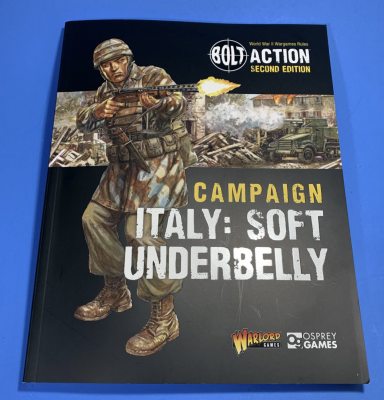Call to Arms Bolt Action Tournament — 8 October 2022

By Kreighton Long
Last Saturday, 8 October, I had the opportunity to attend the Call to Arms convention in Williamsburg, VA and compete in the Bolt Action tournament. The tournament was organized by seven-year TO veteran Kalissa Skibicki. Twenty competitors checked in Saturday morning for a day of competitive gaming. The tournament progressed smoothly and after three different scenarios with three different opponents, the tournament came to a successful conclusion.

 By Kreighton Long
By Kreighton Long by Mitch Reed
by Mitch Reed By Troy Hill
By Troy Hill By Troy Hill
By Troy Hill